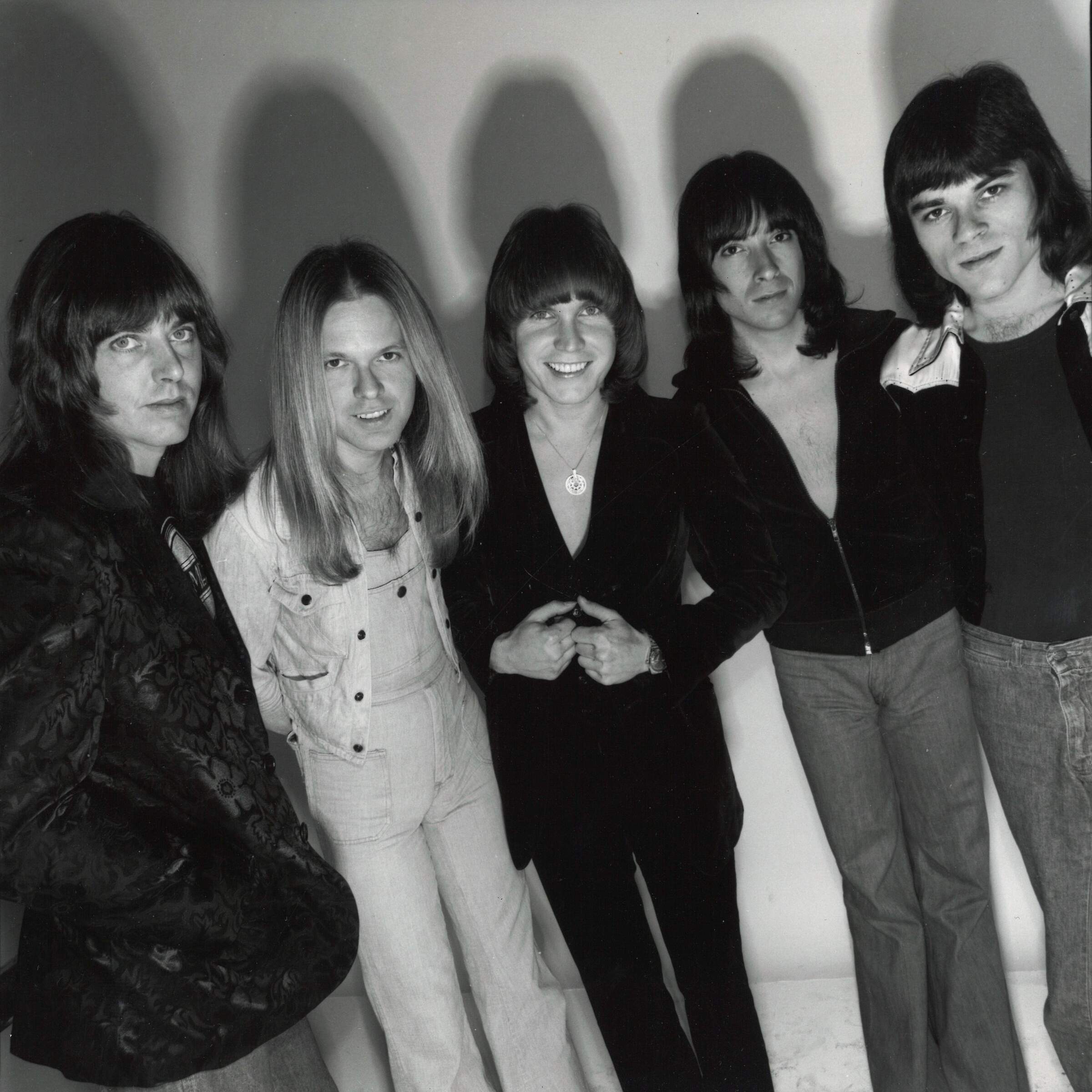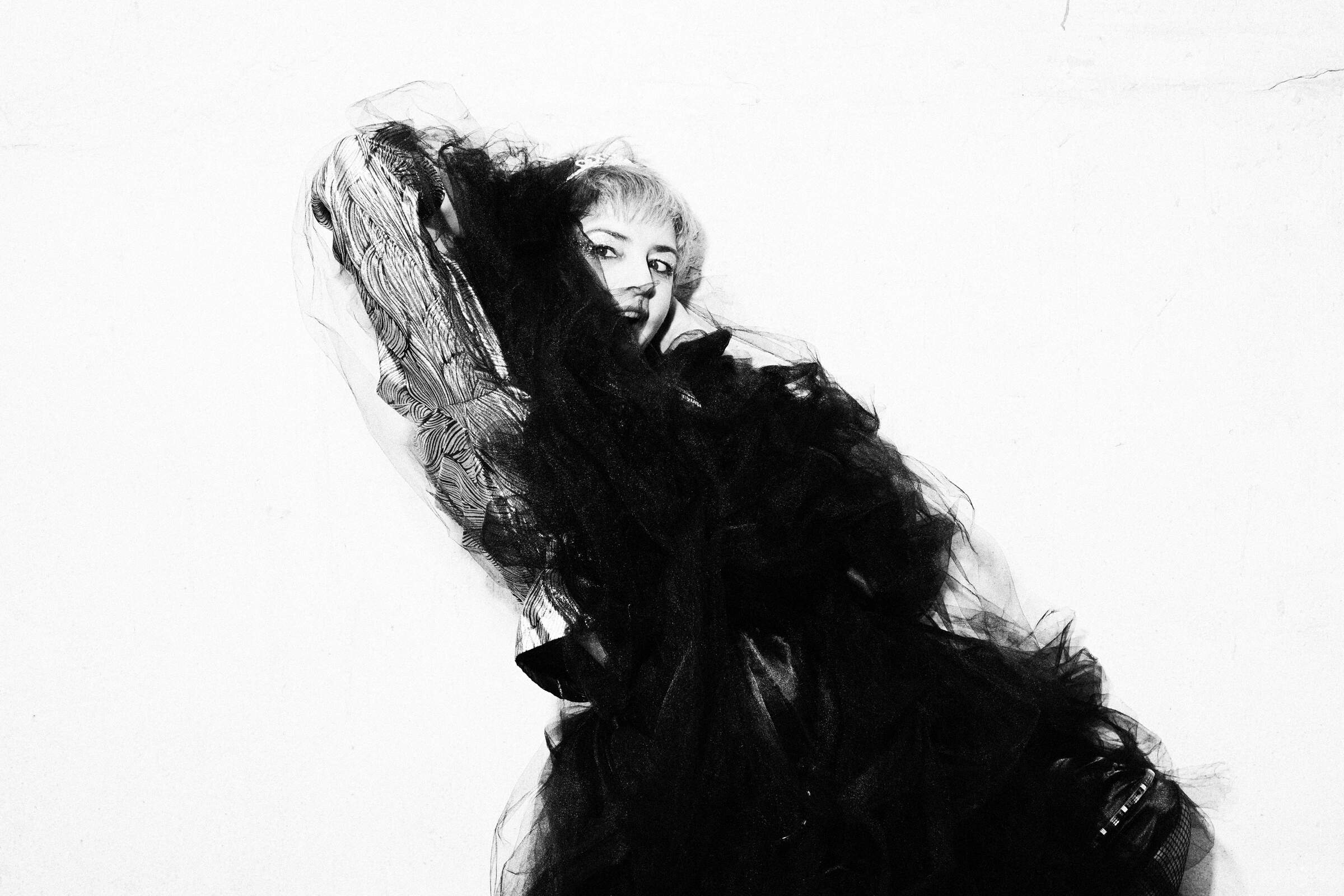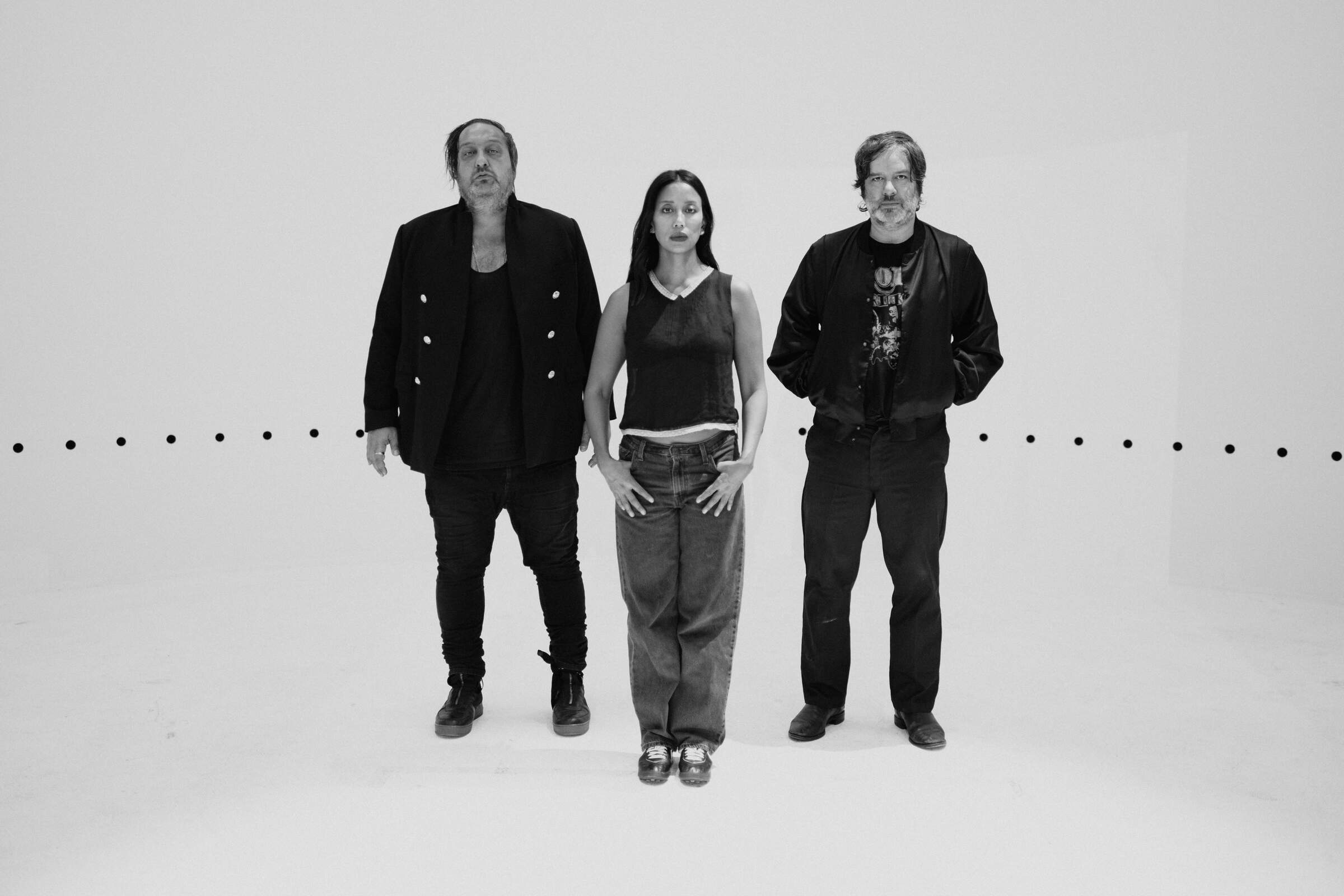The Hollywood Stars | Michael Rummans | Interview | New Album, ‘Starstruck’
The Hollywood Stars have recently released a new album, ‘Starstruck,’ featuring Michael Rummans on bass.
Rummans, a seasoned musician and Los Angeles native, was significantly influenced by the music scene of the 1960s. He first gained recognition with his garage rock band, the Sloths, before transitioning to bass guitar with the Yellow Payges. Rummans’s involvement with the Hollywood Stars began in 1975, following his tenure with various bands and collaborations, including a brief stint with Rick James’s Salt ‘N’ Pepper. Despite challenges and lineup changes, he played a key role in the band’s evolution, contributing to their self-titled album released by Arista Records. The Hollywood Stars, reformed in recent years, have continued to release new material, including ‘Starstruck.’ Rummans’s enduring passion for music and his contributions to the band highlight his significant role in shaping their sound and legacy.
“We did a short west coast tour opening for our labelmates, the Kinks.”
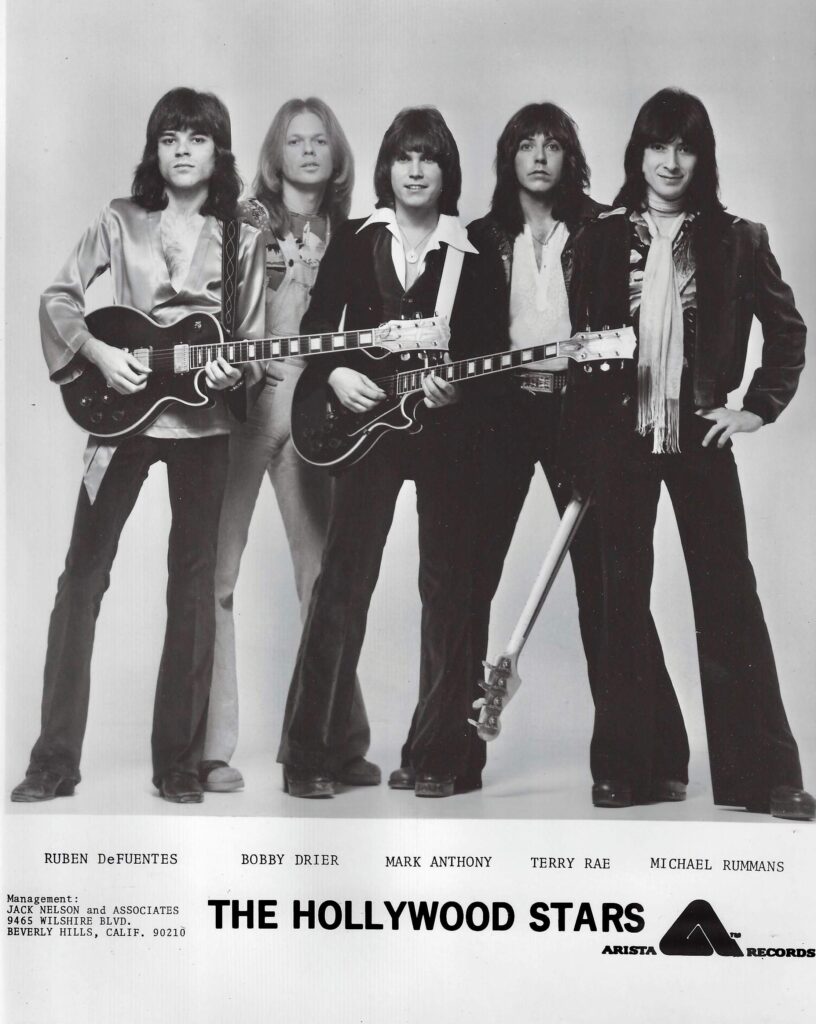
Where and when did you grow up? Was music a big part of your family life? Did the local music scene influence you or inspire you to play music?
Michael Rummans: Greetings, music people. As you might guess, I’m a Los Angeles native who grew up during the 1960s. As for family influences, my older sister had a collection of 45 RPM records that I would listen to when she wasn’t around. Of course, the local music influenced me; I grew up a short distance from the Sunset Strip.
I went to Beverly Hills High School. Some of my fellow students went on to be actors. Jimmy Greenspoon from Three Dog Night and record producer Michael Lloyd were classmates.
Were the Sloths your first band?
Yes. We were a garage rock band that got together in 1964 while I was still in high school. I was the rhythm guitarist. The other members were Hank Daniels (lead vocals), Jeff Briskin (lead guitar), Steve Dibner (bass guitar), and Sam Kamarass (drums). We were influenced by the harder-edged groups of the British Invasion and we played a lot of covers of songs by the Rolling Stones, Them, the Yardbirds, and other bands of that era.
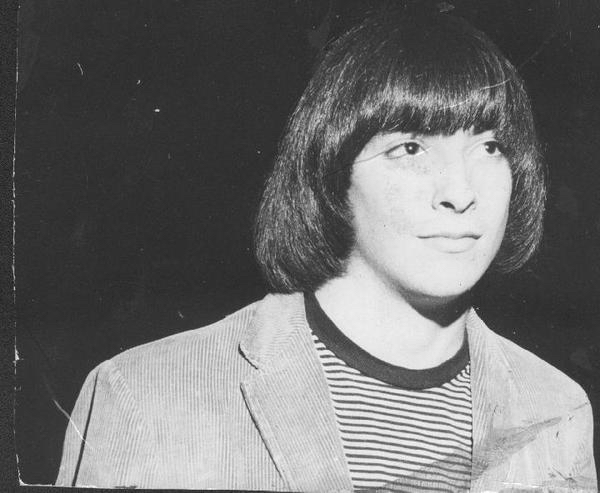
Would love to hear about the recording of ‘Makin’ Love’ by the Sloths. I understand that the song was a cult regional hit. Can you tell us about that experience?
We just loaded up our station wagon with gear and drove around Hollywood, knocking on studio doors. Eventually, we came upon the Jones brothers of Impression Records, and they liked what they heard. Prior to recording our one 7” single at the time, ‘Makin’ Love’ b/w ‘You Mean Everything to Me,’ we played regularly at venues like Pandora’s Box, the Sea Witch, and the Whisky. As the Sloths, we opened for local acts like the Clinger Sisters and the East Side Kids, while various band members shared bills with the Seeds, the Doors, and Love.
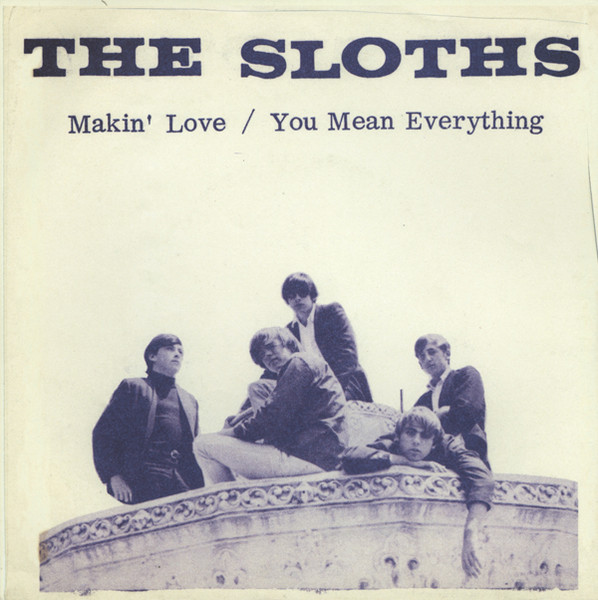
One critic described ‘Makin’ Love’ as a “masterpiece of overstimulated teen arousal.” We got some radio play, and our song was considered scandalous because we were teenagers.
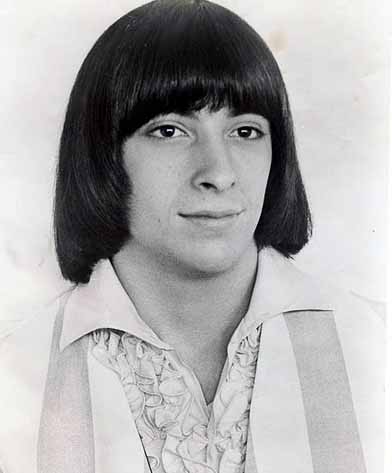
When and why did you become interested in bass guitar?
After the Sloths, I started playing bass when I joined the Yellow Payges, because that’s what they needed. The Yellow Payges played regularly at the Hullabaloo, a famous club on Sunset Boulevard near the Capitol Records Building. Terry Rae, the drummer for the Hollywood Stars, had already left the Yellow Payges and joined the Palace Guard by the time I joined. I didn’t know him at that time.
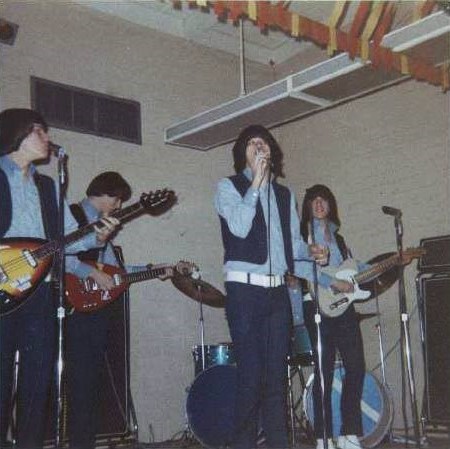
Would love to hear about the 1967 recording of ‘Jezebel’ by The Yellow Payges. Do you appear on the ‘Volume 1’ album that was released in 1969?
‘Jezebel’ was recorded at Paramount Recording Studio, produced by Gene Page with Carole Kaye on bass. I was out of the group by 1969 and I don’t appear on ‘Volume 1.’
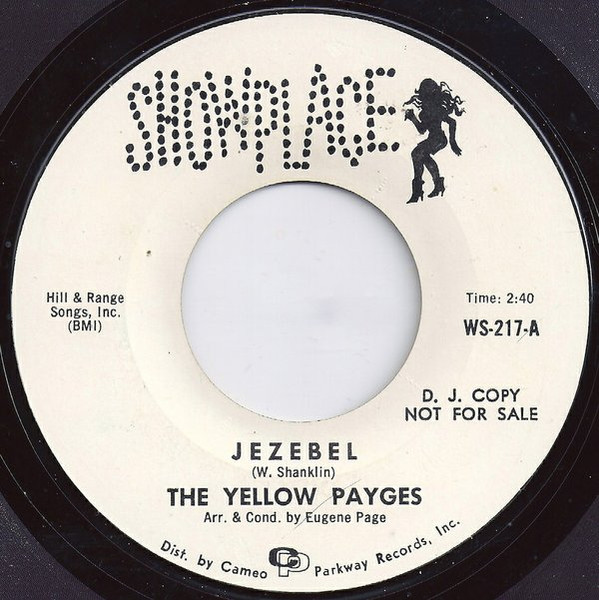
What would be some of the most memorable gigs with the Payges?
The Hullabaloo Club, opening for the Yardbirds and Buffalo Springfield. We played Birmingham High School with Jefferson Airplane, and we toured a bit with the Animals. We also played the Cheetah Club with Pink Floyd, which included Syd Barrett at the time. They were high as kites. Roger Waters borrowed our bass and broke it on stage. It was their first American tour.
In 1969 you played with funk legend Rick James in the band Salt ‘N’ Pepper. Tell us about that experience.
The first lineup of that band featured Rick, me, Greg Reeves, and Steve Rumph. Rick had amazing charisma, energy, and total self-belief… this certainty about his future in music. He knew Berry Gordy and he told me that Greg had learned his bass style by studying with legendary Motown session man James Jamerson. My collaboration with Rick didn’t last long. There were other members after I left but Salt ‘N’ Pepper was over by the end of 1970.
What were you doing in the early 1970s?
I was in several bands with Mark Anthony, one of the co-founders of the Hollywood Stars. He co-wrote ‘Escape,’ which was later covered by Alice Cooper, and ‘King of the Night Time World,’ which was covered by Kiss. Both of those songs were originally recorded for ‘Shine Like a Radio,’ the first album by the Hollywood Stars that was shelved at the time due to layoffs at Columbia Records. In 2013, it was finally issued on vinyl as ‘Shine Like a Radio: The Great Lost 1974 Album.’
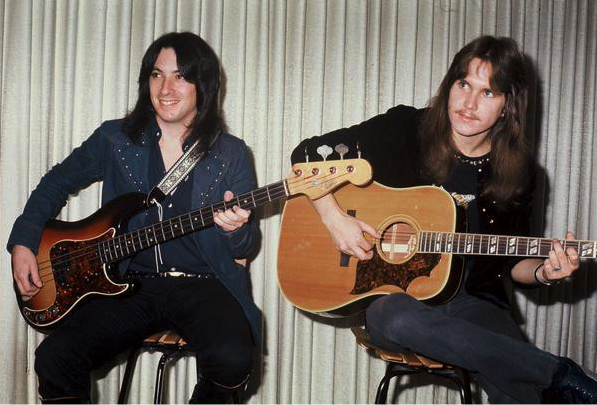
I wasn’t involved with the first lineup of the Hollywood Stars. I joined the group in 1975 at Mark’s invitation. I was also friendly with Neil Merryweather, a producer the band was working with at the time.

Tell us about working with Clive Davis and his beginning of Arista Records, the label that eventually released the Stars’ third (but first released!) album, the self-titled The Hollywood Stars.
Clive wanted to control everything, which was a mistake for our band. We had been very happy with the demos we had recorded with Neil, but Clive made us start from scratch. He put us back in the studio with Harry Maslin producing. At the time, Harry was known for having engineered ‘Mandy’ for Barry Manilow and ‘Then Came You’ for the Spinners and Dionne Warwick. He wasn’t a good match for the sound we were hoping to achieve on our album.
When the record was released, we did a short west coast tour opening for our labelmates, the Kinks. Arista also released a split 7” single with the Kinks on one side and us on the other. We had a big marquee billboard on the Sunset Strip to advertise the album. It was up for quite a long time and some members of the band actually got some attention from the ladies based on that sign!
Unfortunately, Mark decided he wanted to go solo. The band was having a lot of problems on different fronts by that time, so his announcement was kind of like the final nail in the coffin. The Hollywood Stars continued to exist for another year or so, but the momentum was gone from the band.
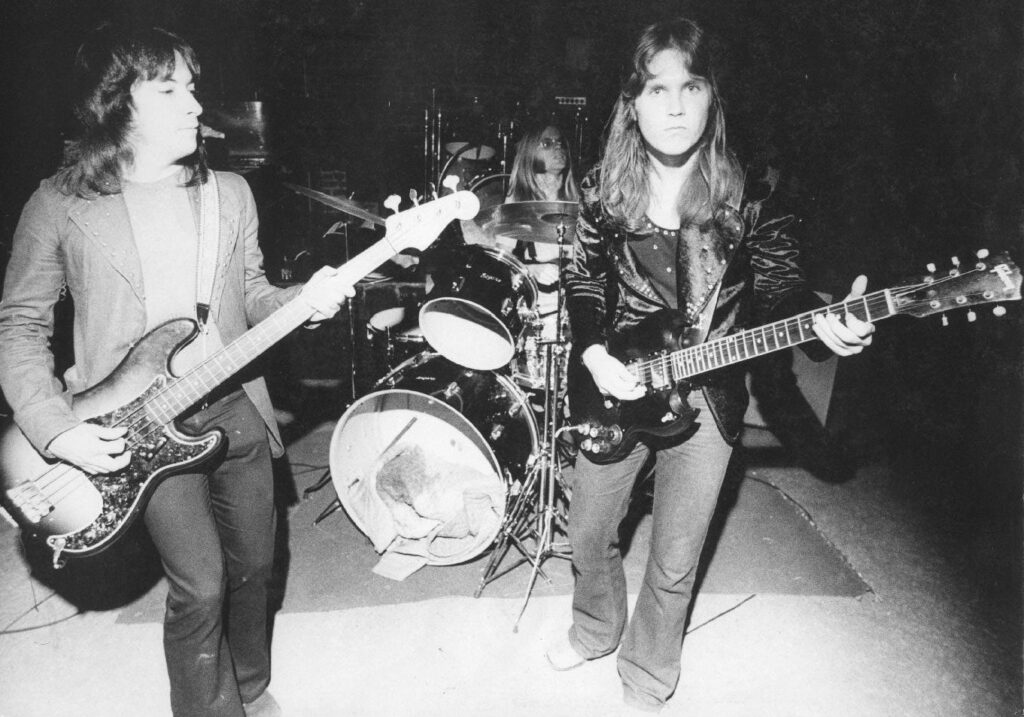
What inspired you to continue making music after the Stars split, leading you to record two albums with rockabilly revivalists the Kingbees for RSO Records?
I guess I wasn’t done with rock and roll. My most memorable gig with the Kingbees was at the Punch and Judy Theater in Detroit because it sold out strictly from airplay, and I finally realized a lifelong dream of having a Radio Hit! The original Kingbees were co-founded by Jamie James, Rex Roberts, and myself in 1979.
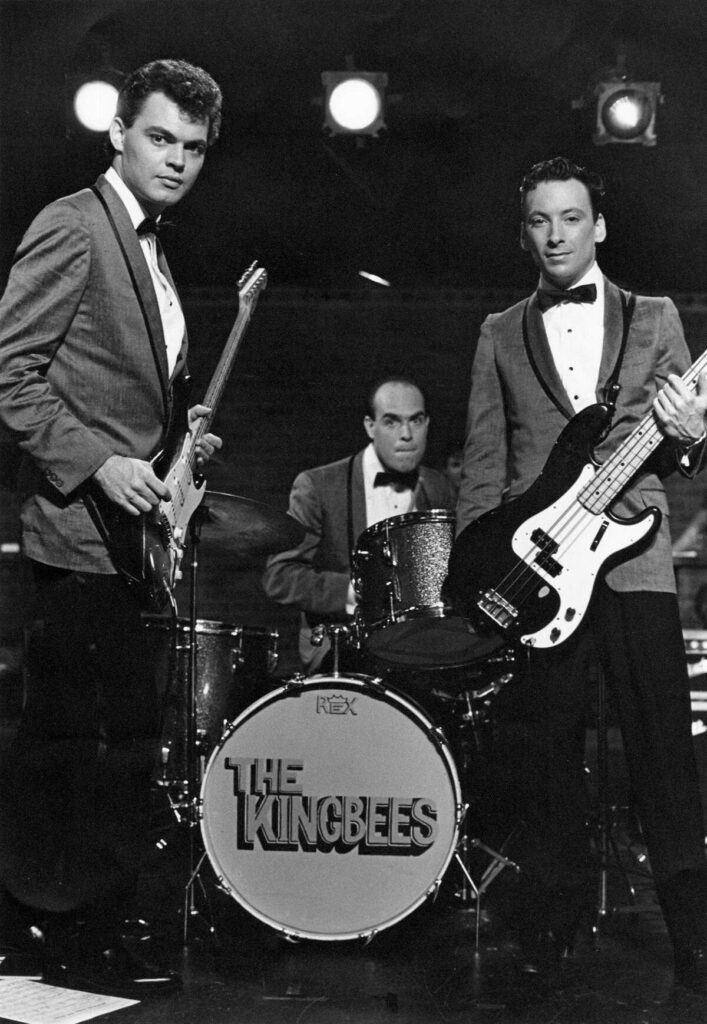
Do the Kingbees still do reunion shows?
Yes, but only occasionally.
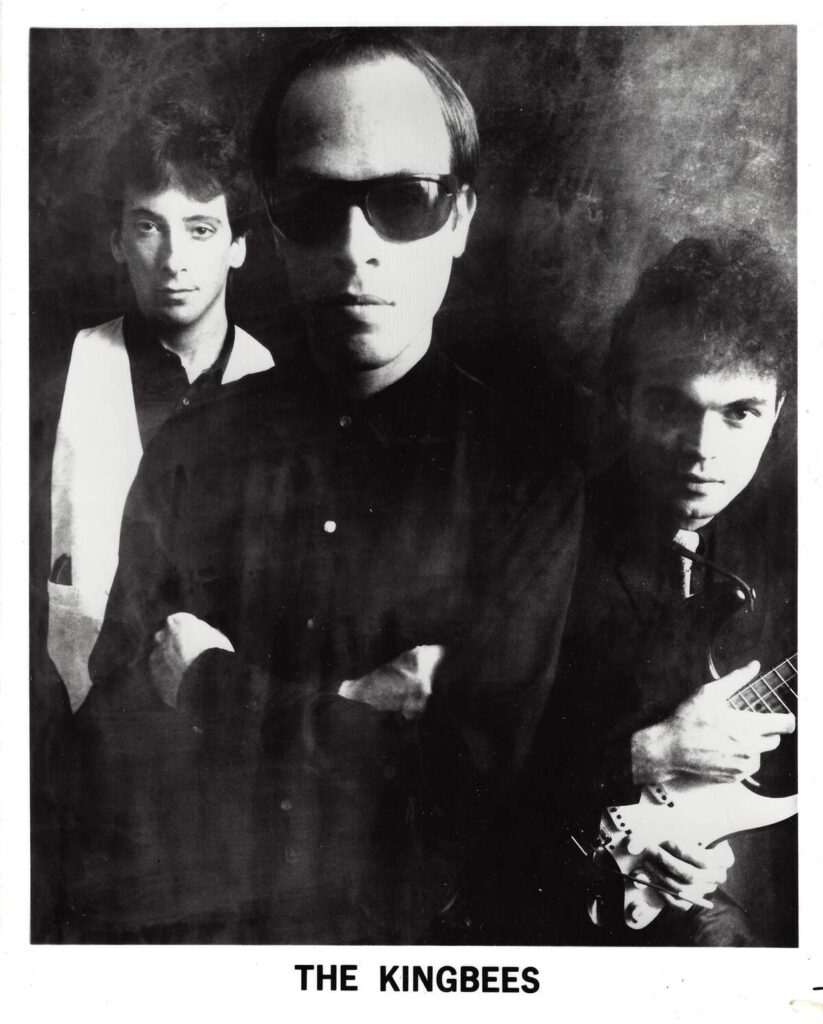
Could you share some highlights or memorable experiences from your time recording with the reformed Sloths in the 2010s, and how did it feel to reunite with the band?
It was great fun recording with our producers, Iggy Gonzales and Robert Cifuentes. I also had the opportunity to reconnect with some of my old high school buddies.
An American label called Lolipop Records co-released the ‘Back from the Grave’ album, and it was later picked up for U.S. distribution with the now-defunct Burger Records. I should state that I’m the only original Sloth on that album. In 2012, I was involved in some local reunion concerts with original member Jeff Briskin. This new lineup included Tommy McLoughlin (lead vocals), Dave Provost (bass guitar), and Jose Rendon (drums). By 2015, when we recorded ‘Back from the Grave,’ the band was Tommy, me, Mark Weddington (guitar), Patrick DiPuccio (guitar), and Ray Herron (drums). Songwriting became a new passion for me. I was very involved in writing most of the album. One of the songs I co-wrote, ‘Haunted,’ has been re-recorded by the Hollywood Stars for our new ‘Starstruck’ album.
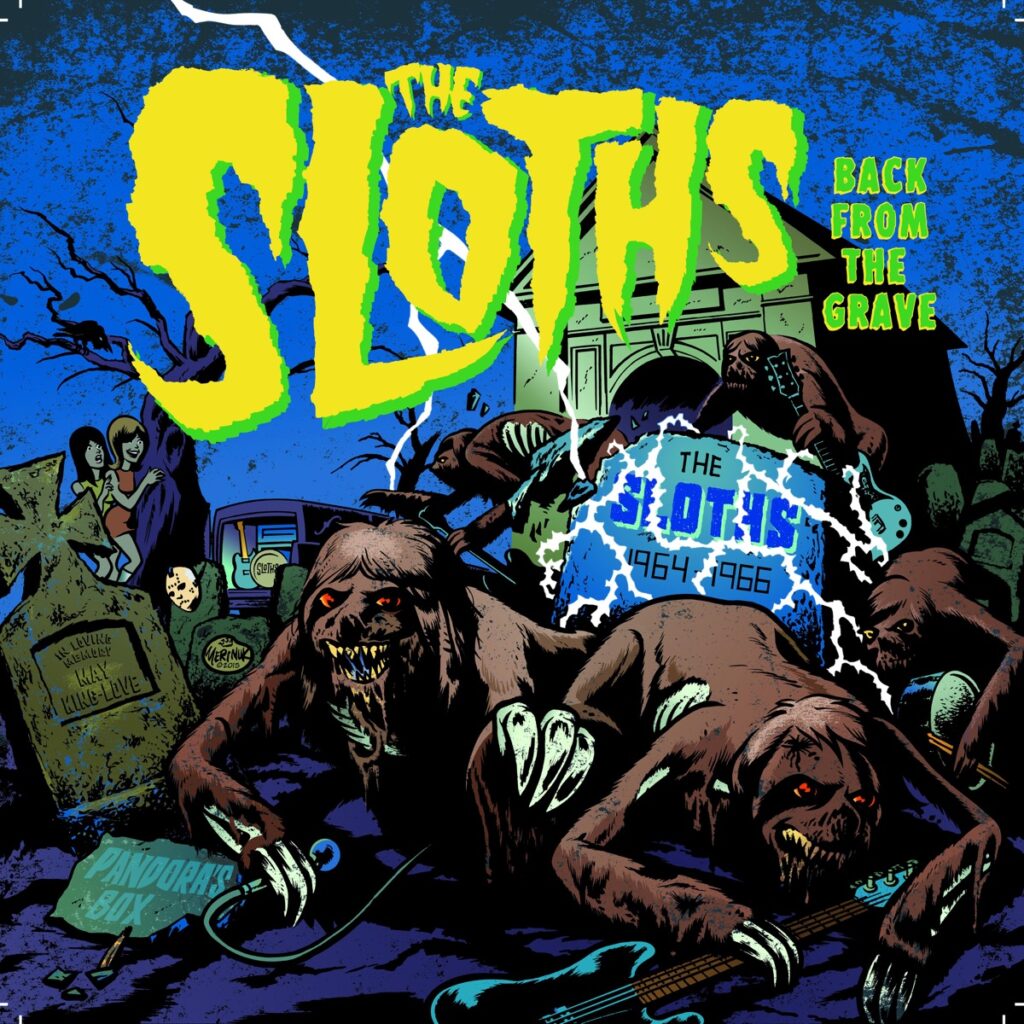
The Hollywood Stars are back together again. Would you like to tell us how the reunion happened and who is in the lineup today?
Ruben De Fuentes, the original guitarist for the Hollywood Stars, was the member really hoping for a reunion. He brought up the idea several times since we had parted ways in 1978.
In 2013, four members from the ‘70s — Scott Phares (singer), Terry Rae (drummer), Ruben (lead guitar), and Kevin Barnhill (bass) — got together to shoot a performance video for ‘King of the Night Time World.’ It was done to promote the vinyl release of ‘Shine Like a Radio.’ That signaled the beginning of the band’s reappearance on the scene.
Since then, we’ve released the ‘Sound City’ album on Burger Records and the ‘Still Around’ EP on Golden Robot. Last year, Ruben left, and we brought in George Keller to play lead guitar, and Jeff Jourard to play rhythm guitar. Scott, Terry, and I complete the current lineup.
It’s incredible that The Hollywood Stars are releasing their first album of all-new material in nearly five decades. How does it feel for you, personally, to be a part of this momentous occasion?
Both amazing and surprising!
Could you share a bit about the journey of creating ‘Starstruck’ after such a lengthy hiatus? What were some of the challenges and highlights of the recording process, and what can fans expect from the new album in terms of musical style and themes? Tell us about the songs you wrote.
The material on ‘Starstruck’ is a combination of old and new. I started dabbling in songwriting decades ago, but it wasn’t until 2011 when The Sloths reunited that I began in earnest. Now I am delighted to have this opportunity to write and create in the studio. Working collaboratively with six other talented musicians — including our manager Loren Molinare of the Dogs and Paul Roessler from the Screamers — was both challenging and rewarding, as everyone got along well. Style-wise, this album is in keeping with the hooky glam rock and power pop that we’re known for.
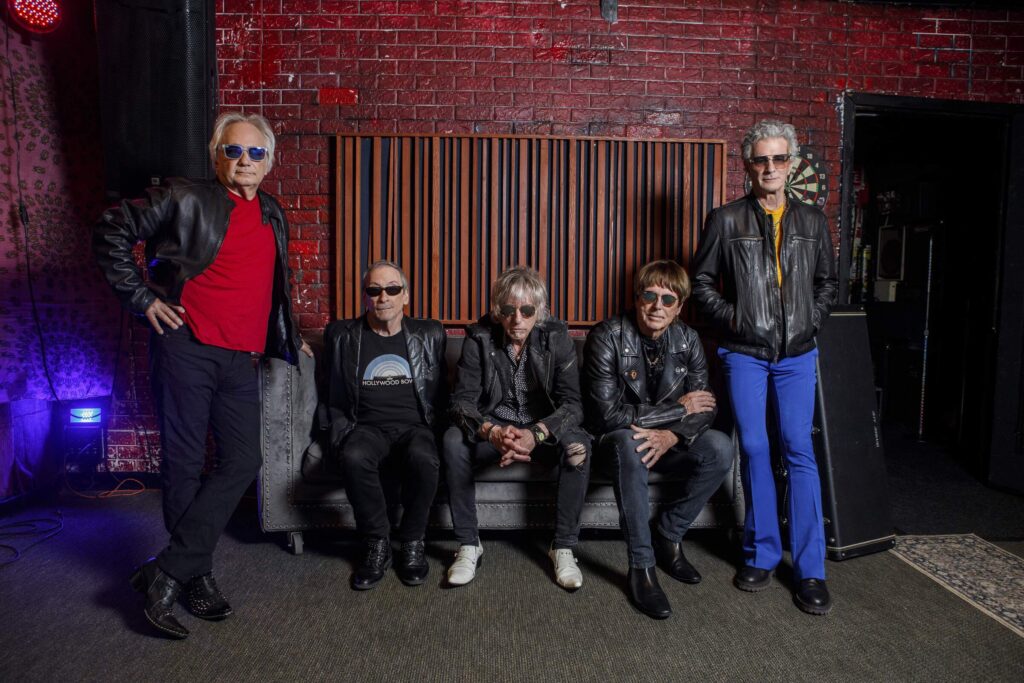
What else currently occupies your life?
I try to keep fit and active, get enough rest and eat right, and take care of my responsibilities. Miraculously, I still ski and play in bands.
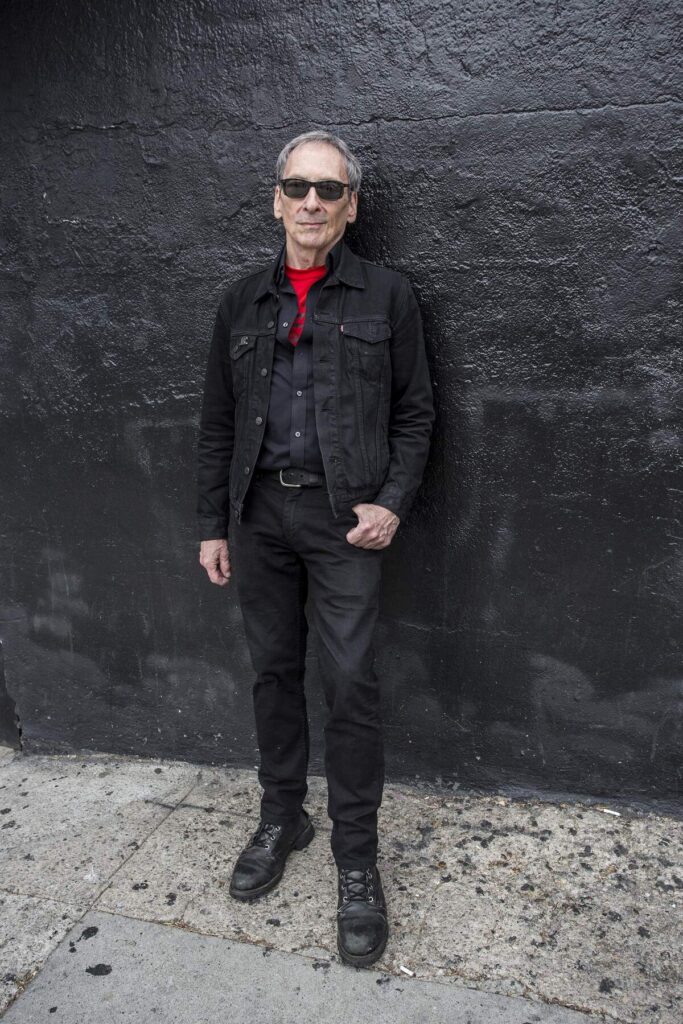
Thank you for answering these questions. The last word is yours.
I never expected to be around this long, but, to my surprise, here I am, a philosopher, musician, and survivor.
Klemen Breznikar
The Hollywood Stars Official Website / Facebook / Instagram / Twitter
The Hollywood Stars | Terry Rae | Interview | New Album, ‘Starstruck’
The Hollywood Stars | Scott Phares | Interview

